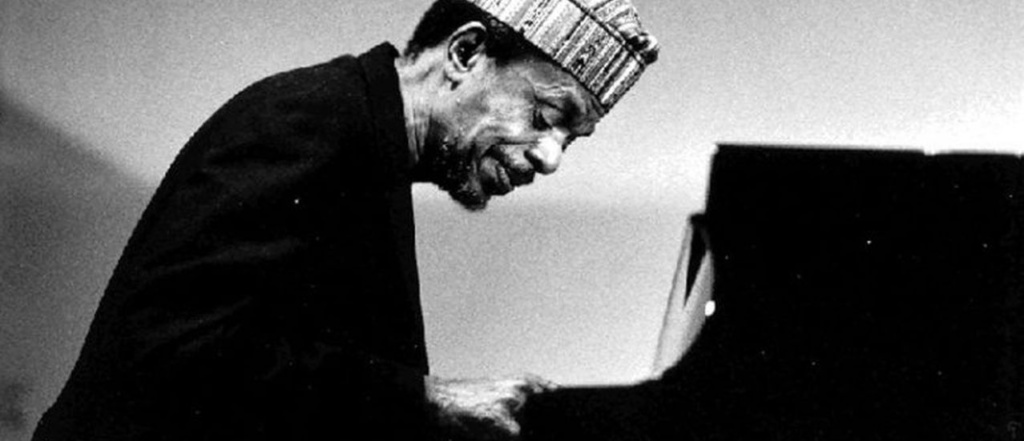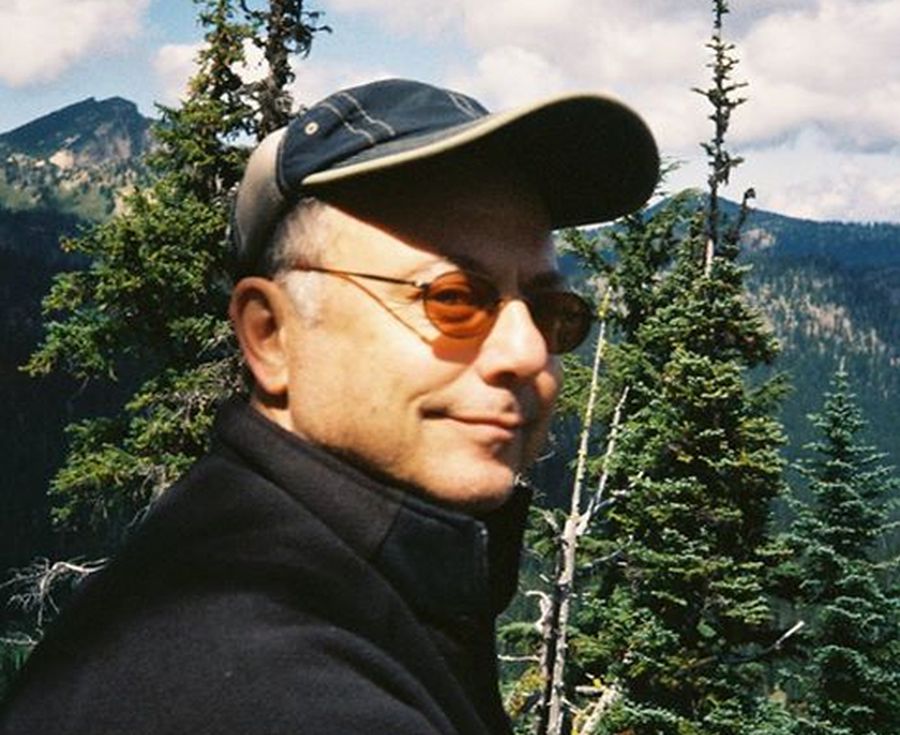The Jazz River — Horace Tapscott, The Griot of South Central
 “Just as ripples spread out when a single pebble is dropped into water, the actions of individuals can have far-reaching effects.” – Dalai Lama
“Just as ripples spread out when a single pebble is dropped into water, the actions of individuals can have far-reaching effects.” – Dalai Lama
A Griot is a revered member of society in West African nations. They are responsible for being the keepers of family and community history, told in storytelling and in song, often going back centuries.
This is a story of more than just a musician. Trombonist, pianist, and composer Horace Tapscott was one of those cats who could have been famous worldwide but chose to stay home, chose to make his mark in his own community, South-Central Los Angeles. There were others like him. Marcus Belgrave in Detroit, Ellis Marsalis in New Orleans, and Von Freeman in Chicago, all of whom had enormous influence as teachers, mentors, and leaders.
Horace came from the all-black 4th Ward in Houston where he first learned not only to read, write, and play music but he observed the power and spirit of black identity and community-based autonomy. His music teacher was always around, always checking on him. Great musicians were also always around. His family moved to L.A. in the early 50s where he attended Jefferson High School where his classmates and contemporaries included Eric Dolphy, Don Cherry, Frank Morgan, as well as Ernie Andrews, and O.C. Smith.
Because he was an expert sight-reader and promising composer, he got leadership positions in bands as early as junior high and this, coupled with his experiential learning about empowerment and black pride, made him both an admired and a feared person. Remember, this was back in the 1950s and 60s when even the word black was not as yet a positive descriptor. But Tapscott operated from a simple but profound truth he learned early on. He and his band kept showing up. This endeared him to the neighborhood kids and then their parents and then community members, across the spectrum, which in turn brought more musicians, artists, poets, and actors who wanted to get in on the action. Ripples in the pond.
He formed his own Arkestra (like Sun Ra). While he admired and learned from the music of Ellington, Mingus, and Coltrane, his music was most certainly his own. Majestic and sweeping, powerful and tender, Afro-centric and universal. Maybe because it was the 60s and his determination to be respected but some wrote him and his band as militant, angry, and major labels ignored him. The L.A. based Nimbus label had the good sense to record much of his work, and later in life, the Arabesque label put out some ‘tamer’ trio and quartet work. But he remains largely unknown despite the myriad of ripples his music, his teaching, and his organizing left behind.
Here’s hoping more people become converts on Sunday, March 20, at 5 pm when The Jazz River presents—Horace Tapscott-The Griot of South Central.
Stay connected to KUVO’s programs and our community’s activities: Sign up for the station’s Oasis Online E-newsletter today!
Become a Member
Join the growing family of people who believe that music is essential to our community. Your donation supports the work we do, the programs you count on, and the events you enjoy.
Download the App
Download KUVO's FREE app today! The KUVO Public Radio App allows you to take KUVO's music and news with you anywhere, anytime!
